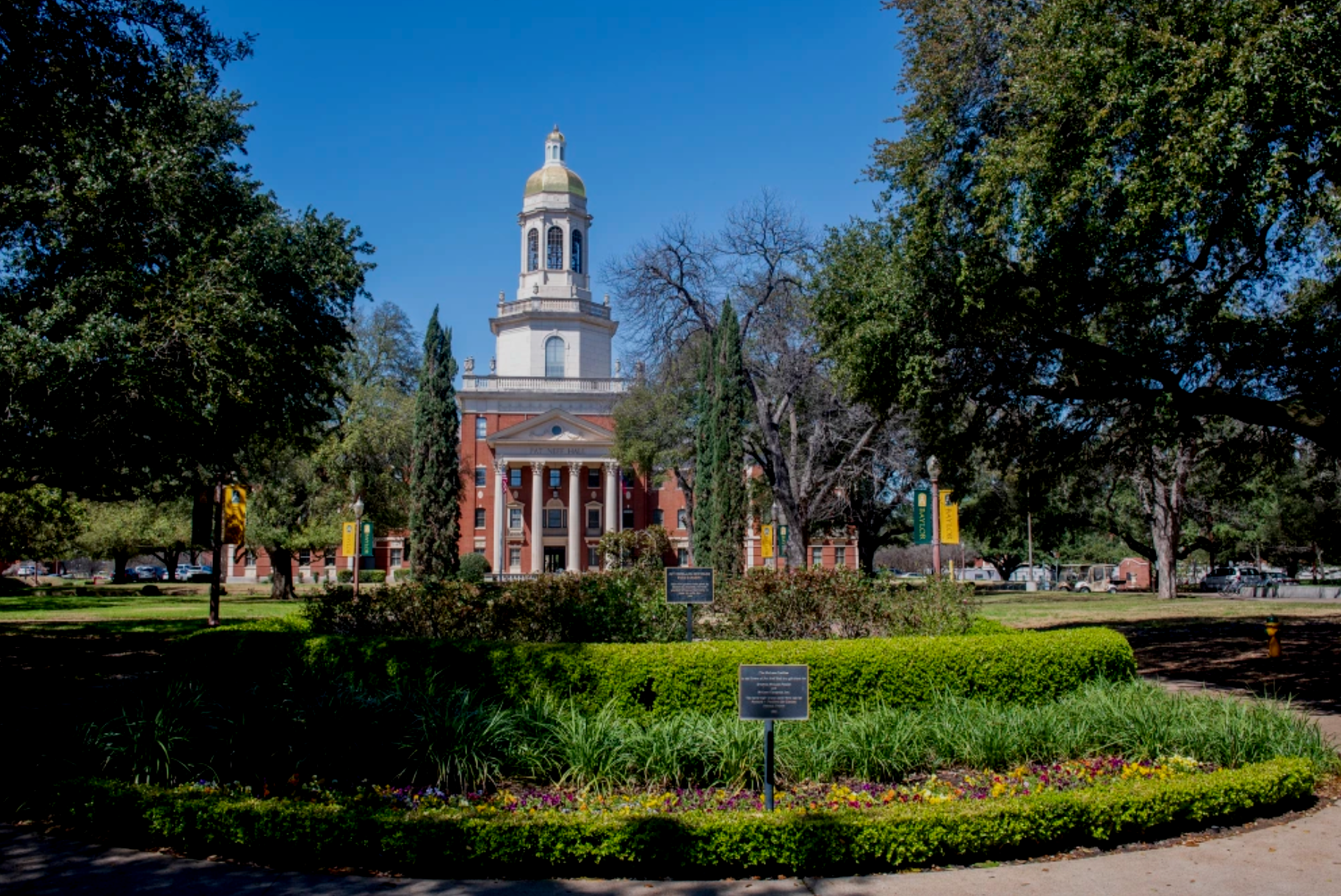Baptist Global News | Mark Wingfieldfield | July 19, 2025
Three hundred pastors and faith leaders have signed a second letter to Baylor University decrying revocation of a $634,000 grant to study loneliness and rejection of women and the LGBTQ community in churches.
This letter comes one week after a group of 60 Texas Baptist pastors sent a letter to Baylor President Linda Livingstone praising revocation of the grant from the Eula Mae and John Baugh Foundation.
Among Baylor alumni, faculty and students — as well as observers of American religion — opinions are sharply divided on Baylor’s acceptance and then rejection of the grant to the Diana Garland School of Social Work, which already was engaged in the work.
n last week’s letter, anti-inclusion pastors said Livingstone demonstrated “moral courage” by rejecting the grant, which they said was ideological and advanced a pro-LGBTQ agenda.
This week’s letter, which has five times the number of signatories, was organized by Aurelia Dávila Pratt (Peace of Christ Church, Round Rock, Texas), Carol McEntyre (First Baptist Church, Greenville, S.C.) and Mary Alice Birdwhistell (Faith Baptist Church, Georgetown, Ky.). Authors and organizers of the previous letter favoring rejection were not named.
The new letter is titled, “A Pastoral Call for Baylor to Lead with Courage and Compassion.” It is addressed to President Livingstone and the Baylor board of regents.
Rejecting this grant “exhibits indifference and disregard for the well-being of LGBTQ individuals and women in our congregations.”
“We speak today not out of animosity, but out of love and deep concern for what is at stake for Baylor, the church, and the world,” the letter begins. “We are compelled to speak with humility as well as conviction against Baylor’s decision to return the renewal of an existing grant … that would have funded research on trauma-informed practices for people marginalized by the church, including LGBTQ individuals and women.”
Rejecting this grant “exhibits indifference and disregard for the well-being of LGBTQ individuals and women in our congregations. In addition, one of the most significant questions facing the church today is how we engage LGBTQ people, a question that is tearing apart congregations and denominations worldwide. Research like this is urgently needed now more than ever before.”
The letter speaks from a pastoral perspective, citing the spiritual care of faith communities.
“Over the years, we have witnessed the deep hurt, shame, condemnation and exclusion this community has faced at the hands of the church. Robust research in this field is lacking (thus the critical need for the work of the Garland School of Social Work and the Center for Church and Community Impact).”
That pastoral experience “compels us to speak from the depths of both heartbreak and hope. We have received late-night calls from our LGBTQ congregants at risk of suicide, and we have officiated their funerals. We have wept with them as they shared stories of exclusion and debilitating shame. Yet, we have also witnessed their courage, fortitude and deep faithfulness, even as we have seen the toll on their mental, physical and emotional well-being. We have also celebrated with LGBTQ congregants as they have found healing and discovered their God-given gifts, witnessed their profound contributions to our faith communities, and marveled at the unique ways they reflect the image of God.”
And the letter refutes the claim that accepting the grant somehow would have made Baylor promote homosexuality: “This research was never intended to dictate any person’s or church’s theology but rather to provide evidence-based data to help churches respond with wisdom, courage and Christ-like care.”
In a sharp conclusion, the letter calls for Baylor leaders to “do better.”
“When the church becomes complicit in the very systems that cause trauma, we cease to be the body of Christ and become instead an instrument of harm.”
Among the 300 signers to date are former Baylor regents, former Baylor faculty, former Baylor students and a host of alumni serving across the nation. One-third of the signers to date are graduate of Baylor’s Truett Seminary.
See the complete list of signatories here.










